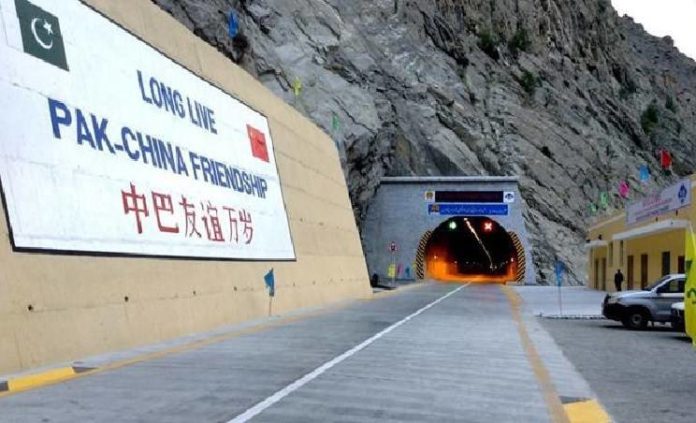A research report on the “Business Climate Index of Chinese Companies in Pakistan,” quotes deteriorating security, foreign exchange regulations, poor policy implementation and currency instability as the major hurdles in the way of Chinese business expansion and fresh investment in Pakistan.
Based on responses by 48 Chinese companies, the Business Climate Index report paints a complex picture of the business climate for Chinese companies operating in Pakistan, with a dismal Business Climate Index score of 49.63, just below the crucial 50-point minimum threshold. These 48 companies – most of them into big projects – account for about 30 percent of all Chinese businesses in Pakistan.
Security risks trumped all concerns, with over 83 percent of the respondents declaring the security situation as “deteriorating and unlikely to improve in the short term.”
“Pakistan’s current security situation is severe and complex, with a slow economic recovery,” the survey stated, emphasizing the external pressures that have begun to impact various operational aspects.
In addition to security issues, 60.4 percent of companies reported that foreign exchange controls hinder timely payments, while 58.3 percent cited a lack of policy continuity and poor policy implementation as significant obstacles affecting their business decisions. Moreover, 56.3 percent of respondents noted that the depreciation of the Pakistani rupee has eroded their net assets when measured in US dollars.
A recent report by the private Center for Research and Security Studies (CRSS) also highlighted some of the aforementioned challenges that projects under CPEC have been facing. Slow decision-making, poor implementation, growing insecurity, foreign exchange outward remittance, slow progress on special economic zones, and the staggering circular debt that the government owes to Chinese power producers, were highlighted as major concerns that cloud further Chinese investment and business expansion.
The Business Climate report also debunked the often touted charge of expensive electricity being produced by the Chinese companies.
“The costs for CPEC projects are significantly lower, at Rs8.80 per kilowatt-hour (kWh), compared to Rs19.66/kWh for Merit Order projects and Rs20.46/kWh for non-CPEC projects. Chinese projects have generated 229.8 billion units of electricity as of September 2024.
Chinese companies, it seems remain committed to business in Pakistan, the report suggests.
“Despite these challenges, Chinese companies have actively worked to overcome difficulties and maintained overall stability in their operations, with some companies showing signs of expansion,” the report added. Around 54.2 percent of companies noted the government’s low administrative efficiency as a challenge.
The report also underscores an “unflinching resolve” among Chinese companies and enterprises to continue operations in Pakistan; over 52.1 percent of firms indicated that their business volumes remained stable, while 33.3 percent reported growth in their operations.
Nearly 70 percent of the respondents expressed optimism about Pakistan’s economic development, with 47.9 percent expecting stability in new order volumes over the next three months.
The Business Climate Index report also underscores the need for sustained efforts to address challenges that are constraining business and to facilitate a more favorable business environment.
Context – Investments So Far
The Chinese companies have invested in 46 power projects across Pakistan since 2013, including coal, nuclear, hydro, wind, solar and transmission and distribution facilities, according to the report titled, “The Glorious 11 Years: How Chinese Companies Reshaped the Power Sector in Pakistan”.
By the end of September 2024, Chinese investment in Pakistan’s energy sector totaled $13.28 billion, with an additional $6.96 billion planned.
Chinese-funded projects account for 8,752 MW or 19.07 percent of Pakistan’s total installed power capacity of 45,885 MW. While adding engineering contracting projects by Chinese companies, it reaches 11,103 MW, making up 24.19 percent of the total.
On a positive note, the Business Climate survey highlights that the majority of Chinese companies plan to maintain their production scale, with 58.3 percent aiming to keep their workforce stable. As many as 37 percent of firms indicated intentions to expand their production scale while 18.8 percent projected minor layoffs.




